The Complete Guide to Storing Fresh Herbs for Longevity and Flavor
Understanding Fresh Herbs Preservation Methods
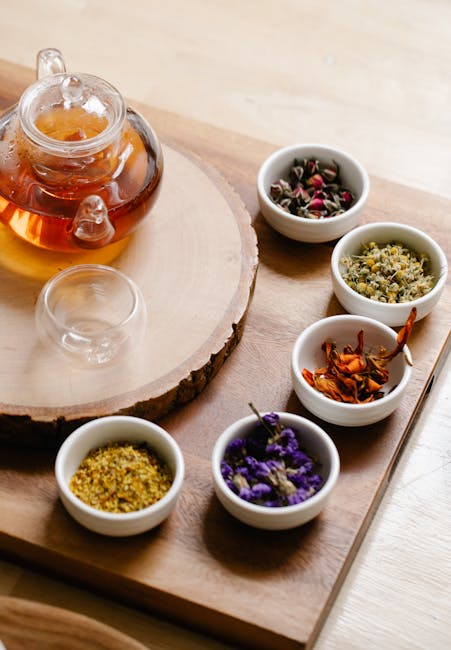
Different preservation methods can ensure the longevity and flavor of fresh herbs, including drying, freezing, infusing in oil or vinegar, and creating herb cubes or pastes. These methods help you extend the shelf life of your herbs while enhancing the taste of your dishes.
Different methods to preserve fresh herbs
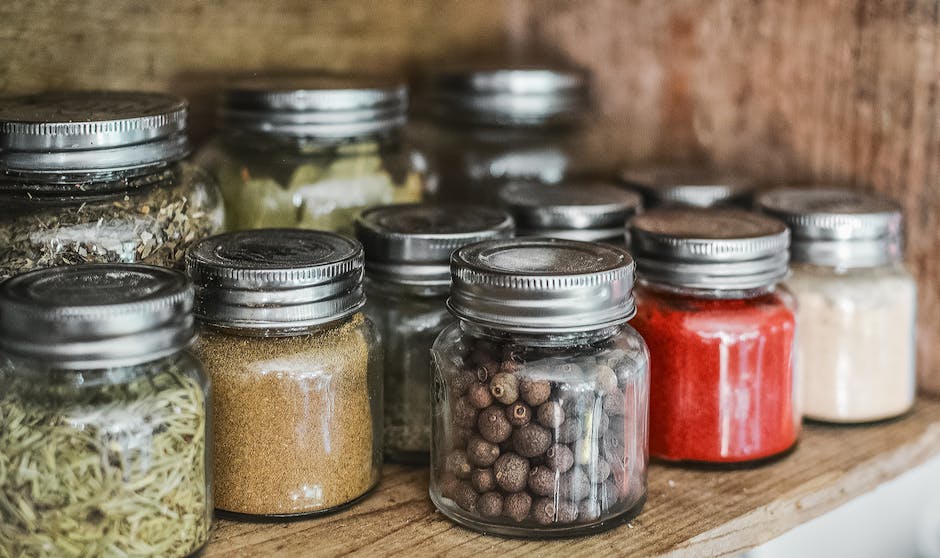 Drying: Hang or place herbs in a well-ventilated area until completely dry, then store in airtight containers.
Drying: Hang or place herbs in a well-ventilated area until completely dry, then store in airtight containers.- Freezing: Chop or leave herbs whole, place in freezer bags or ice cube trays with water or oil, and freeze until needed.
- Infusing in oil or vinegar: Combine herbs with oil or vinegar and let steep for several weeks before straining and storing.
- Herb cubes: Puree herbs with water or oil and freeze in ice cube trays for easy portioning.
- Herb pastes: Blend herbs with oil, garlic, and salt to create a flavorful paste for convenient use.
- Store dried herbs in a cool, dark place for up to one year.
- Label containers with the herb type and date of preservation.
- Use preserved herbs in cooking, teas, dressings, and marinades for added flavor.
- Experiment with different herb combinations for unique tastes.
- Enjoy the convenience and taste of preserved fresh herbs all year round.
| Preservation Method | Pros | Cons |
|---|---|---|
| Drying | - Prolongs shelf life - Concentrates flavor | - Some loss of aroma - Texture may change |
| Freezing | - Retains color and aroma - Easy to use portioned amounts | - Texture can become limp - Limited storage space required |
| Infusing in oil/vinegar | - Infused flavors enhance dishes - Long shelf life | - Requires several weeks of steeping |
| Herb cubes | - Convenient portioning - Quick and easy to prepare | - Limited shelf life compared to other methods |
| Herb pastes | - Intense flavor in small amounts - Versatile for cooking | - Requires blender or food processor |
Key Points:
- Different methods for preserving fresh herbs include drying, freezing, infusing in oil or vinegar, and creating herb cubes or pastes.
- Each method has its pros and cons, such as flavor concentration with drying and easy portioning with herb cubes.
- Proper storage in airtight containers and labeling will help maintain freshness and organization.
- Preserved herbs can be used in a variety of dishes to enhance flavors all year round.
Factors impacting the longevity and flavor of fresh herbs
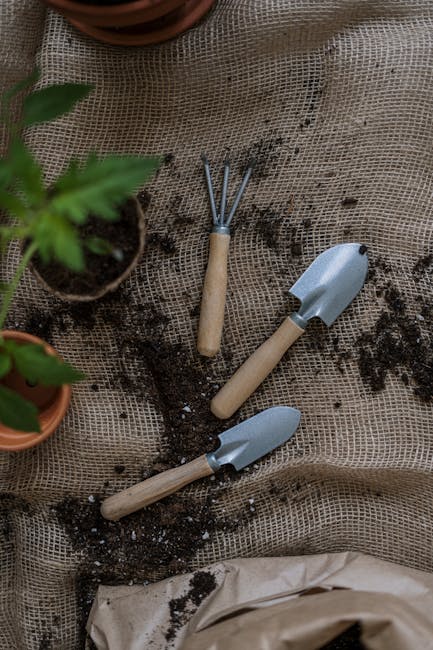
Factors impacting the longevity and flavor of fresh herbs include proper storage conditions, exposure to light, and moisture levels. To ensure maximum freshness, store herbs in airtight containers in a cool, dark place. Avoid washing herbs until ready to use, as moisture can cause wilting and decay.
Drying Fresh Herbs
To properly dry fresh herbs, follow these steps:
- Gather the herbs in small bunches and tie them with string.
- Hang the bunches upside down in a cool, well-ventilated area.
- Allow the herbs to air dry for about 1-2 weeks until they are brittle.
- Once dried, remove the leaves from the stems and store in an airtight container.
Steps to properly dry fresh herbs
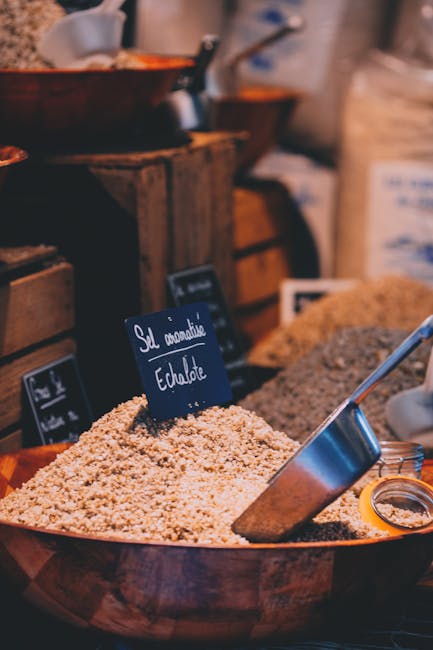
To properly dry fresh herbs, gather them in small bunches and tie them with string. Hang the bunches upside down in a cool, well-ventilated area for about 1-2 weeks until they are brittle. Then remove the leaves from the stems and store in an airtight container.
Tips for storing dried herbs for extended freshness
To store dried herbs for extended freshness, keep them in airtight containers in a cool, dark place. Label the containers with the herb name and date of drying. Avoid storing near heat or moisture sources.
Freezing Fresh Herbs
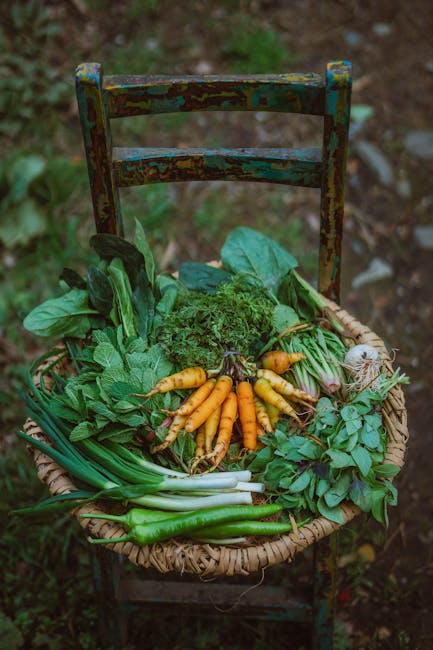
Properly freeze fresh herbs to retain their flavor by washing and drying them thoroughly, chopping or leaving whole, and placing them in freezer-safe containers or bags.
Proper techniques for freezing fresh herbs

To properly freeze fresh herbs, wash and dry them thoroughly, chop or leave them whole, and store them in freezer-safe containers or bags. This ensures maximum flavor retention for future use.
Benefits of freezing herbs for flavor retention

Freezing fresh herbs is a great way to preserve their flavor for future use, as it helps to retain their essential oils and aromatics.
Infusing Herbs in Oil or Vinegar
Steps to infuse fresh herbs in oil or vinegar:
- Select your desired herb(s) and finely chop them.
- Choose a high-quality oil or vinegar as the base for infusion.
- Add the chopped herbs to a sterilized jar.
- Pour the oil or vinegar over the herbs, ensuring they are fully submerged.
- Seal the jar tightly and let it sit at room temperature for about 2 weeks.
- After 2 weeks, strain out the herbs and transfer the infused liquid to a clean bottle for storage.
How infused oils and vinegars enhance dish flavors:
Infused oils and vinegars add an extra layer of complexity to dishes, providing unique flavors and aromas that complement various cuisines. They can be used in dressings, marinades, sauces, and even as a finishing drizzle on dishes for added depth.
Steps to infuse fresh herbs in oil or vinegar

To infuse fresh herbs in oil or vinegar, first finely chop the desired herb(s), then add them to a sterilized jar. Pour the oil or vinegar over the herbs, ensuring they are fully submerged. Seal the jar tightly and let it sit at room temperature for about 2 weeks. After 2 weeks, strain out the herbs and transfer the infused liquid to a clean bottle for storage.
How infused oils and vinegars enhance dish flavors
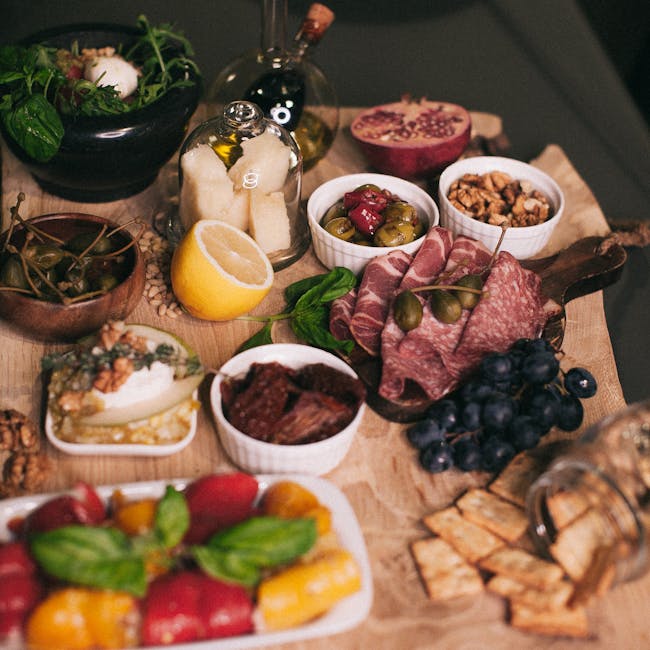
Infused oils and vinegars enhance dish flavors by infusing the aromatic properties of fresh herbs, adding depth and complexity to various recipes. The process involves steeping the herbs in oil or vinegar, allowing their flavors to meld together for a concentrated and flavorful result.
Herb Cubes and Pastes

Creating herb cubes is a convenient way to preserve fresh herbs and easily incorporate them into recipes. Simply chop the herbs, place them in ice cube trays, fill with water or oil, and freeze.
Creating herb cubes for convenient usage
To create herb cubes for convenient usage, chop the herbs, place them in ice cube trays, and fill with water or oil. Freeze them and add them to recipes as needed.
Preserving fresh herbs in paste form
To preserve fresh herbs in paste form, blend the herbs with a small amount of oil and store the mixture in an airtight container in the refrigerator. This allows for easy access and adds flavor to dishes.
Conclusion
To conclude, preserving fresh herbs is essential for maintaining their longevity and flavor. Whether you choose to dry, freeze, infuse in oil or vinegar, or create herb cubes or pastes, each method offers unique benefits and conveniences. Follow the recommended steps and storage techniques to ensure your herbs stay fresh and flavorful for as long as possible. Try out different preserved herb recipes to enhance the flavors of your dishes and make the most of your preserved herbs.
Best practices for storing fresh herbs
To store fresh herbs properly and ensure their longevity and flavor, follow these best practices:
- Choose fresh herbs: Select herbs that are vibrant in color and free from any signs of wilting or discoloration.
- Remove moisture: Before storing, gently pat the herbs dry with a paper towel to remove excess moisture that can cause mold or spoilage.
- Store in airtight containers: Place the herbs in airtight containers or resealable bags to protect them from air and moisture.
- Keep refrigerated: Most fresh herbs can be stored in the refrigerator. Wrap them loosely in a damp paper towel and place them in a plastic bag or container to maintain freshness.
- Use within a week: While some herbs can stay fresh for longer, it's best to use them within a week to ensure optimal flavor and aroma.
By following these best practices, you can extend the shelf life of your fresh herbs and enhance the flavors of your dishes.
Recipes using preserved herbs
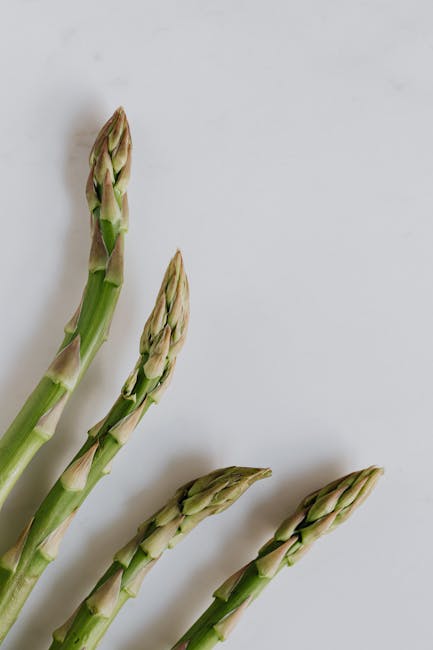
Recipes using preserved herbs can add flavor and depth to your dishes. Whether you're using dried herbs, infused oils, or herb pastes, here are a few recipe ideas to inspire you:
- Pasta Sauce: Add dried basil, oregano, and thyme to your homemade pasta sauce for a burst of herbaceous flavor.
- Herb Roasted Chicken: Rub a mixture of dried rosemary, sage, and garlic onto your chicken before roasting it for a savory and aromatic dish.
- Infused Salad Dressing: Combine your favorite herbs with vinegar or oil to create a flavorful dressing for salads.
- Herb Butter: Mix chopped preserved herbs into softened butter and spread it on bread or use it to enhance the flavor of grilled meats and vegetables.
- Herb-infused Marinades: Use herb-infused oils or vinegars in marinades for meat, fish, or vegetables to add an extra layer of taste.
These recipes allow you to enjoy the flavors of fresh herbs even when they are not in season, providing a convenient and delicious way to incorporate preserved herbs into your cooking.

Comments
Post a Comment